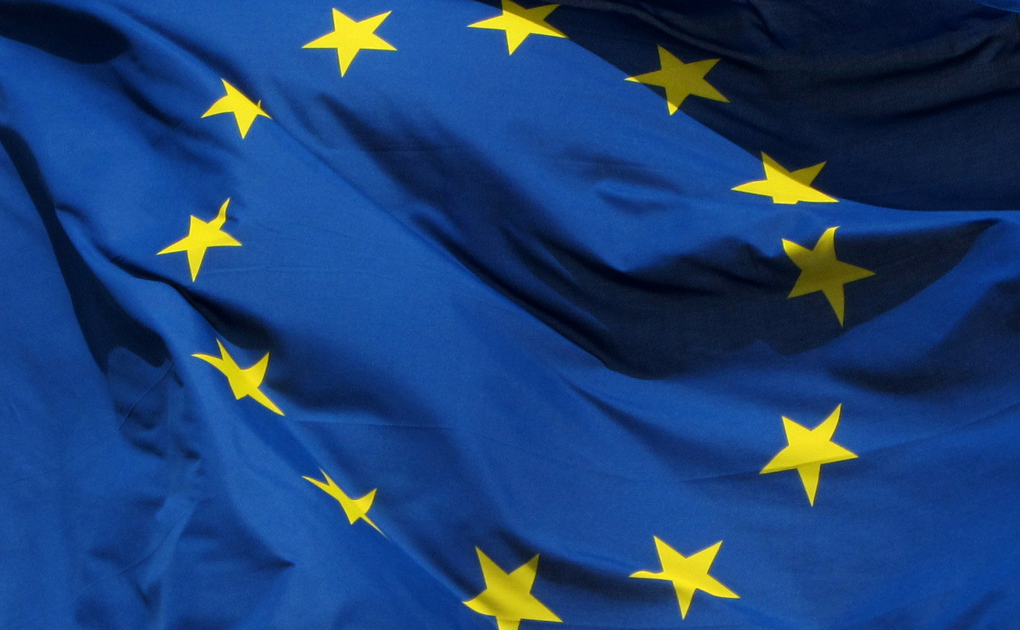The new anti-dumping methodology must still prove to be effective, and we continue to be concerned that this will not be the case. European jobs must be protected from unfair competition. Europe must take the lead in putting its social and environmental standards at the centre of global trade
The main elements of the proposal are:
- No distinction between market economies and non-market economies anymore. Only non-WTO members will be considered as non-market economies for which a specific methodology will be used (the analog country method). This means that there will be no ‘naming and shaming’ of WTO-members like China.
- The new methodology will be applied in case of significant market distortions. The definition of these distortions is to a large extent based on the five technical criteria used by the EU for defining a market economy.
- In the new methodology, the normal value of products will be constructed on basis of prices/costs on international markets or in a comparable country.
- In comparison to the analog methodology, where costs of a comparable country are automatically applied, it will now be up to companies and sectors to deliver the burden of proof of price distortions. This is a complicated exercise (problems of transparency and costly collection of information)
- To support companies in doing so, the Commission will issue reports on countries and sectors
- Nothing will change for existing cases. The analog methodology will continue to be applied.
IndustriAll Europe appreciates the efforts of the institutions to develop a new and effective non-standard anti-dumping methodology. Indeed, according to very cautious research carried out by the KU Leuven, granting of market-economy status to China could put more than 200,000 jobs at risk in Europe’s industry. Nevertheless, a number of concerns remain:
- Creating a fair global level playing field and ensuring reciprocity in trade relations is a priority for industriAll Europe. Therefore market distortions resulting from social and environmental dumping should also be part of the criteria for triggering the use of the new methodology. To make this operational, reference could be made to the 27 core conventions on sustainable development that are used in the GSP+ agreement (this agreement allows the full removal of tariffs on imports from developing countries that ratify and implement these conventions).
- The Commission promises to take over the burden of proof from companies by drafting reports on countries and sectors. However, the question remains if the level of detail of these reports is sufficient enough for underpinning complaints. Therefore industriAll Europe proposes that reports should not only be drafted on sectors but also on subsectors and product groups.
- The new methodology should be re-assessed in a case where the WTO dispute settlement panel,which has been set up after China filed a complaint against the EU, comes to the conclusion that the use of the analog methodology is not an infringement of WTO-rules and that China has to respect the provisions of the Accession Protocol it signed when joining the WTO. This would mean that the burden of proof remains with Chinese companies and sectors or even that the analog methodology can be maintained.
- Finally, in industriAll Europe’s view the increased complexity of the new methodology may not lead to lower dumping margins and/or to less cases.
This new anti-dumping methodology runs in parallel with a separate trilogue on the reform of the EU’s trade defence instruments which was already proposed back in 2013. The main issue in this discussion is the possibility not to apply the lesser duty rule (under the lesser duty rule, authorities impose duties at a level lower than the margin of dumping if this level is adequate to remove the injury). In this respect, industriAll Europe welcomes the introduction of a EBIT-margin of 5% as a benchmark for calculating the injury margin. On the other hand, industriAll Europe is disappointed that the LDR will only be lifted in cases of raw material distortions. IndustriAll Europe is even more disappointed about the definition of raw material distortions. Indeed, the requirement that raw materials must represent 27% of the production cost is arbitrary, complex, not workable and economically irrational. Moreover, industriAll Europe believes the LDR should not only be lifted in case of raw material distortions but also in situations of significant state interference or non-respect of core international social and environmental conventions. Indeed, EU trade policy should be based on values as is rightly pointed out in the latest EU- communication on trade called “Trade for all, towards a more responsible trade and investment policy”.
Fighting unfair competition and putting a social floor under global trade are key if want to avoid that unrestrained and unmanaged globalization continues to produce working class losers. Therefore, updating and strengthening trade defence instruments are important in taking away the breeding ground for anti-European feelings, neo-protectionism and right-wing demagogues. Commissioner Cecilia Malmström was right when she said “the EU stands for free, rules-based trade and we must be able to address unfair subsidies and dumping with determination” (press statement, 13 December 2017). So why not make this a reality?
Luc Triangle, General Secretary industriAll Europe: “The new anti-dumping methodology must still prove to be effective, and we continue to be concerned that this will not be the case. European jobs must be protected from unfair competition. Europe must take the lead in putting its social and environmental standards at the centre of global trade”
